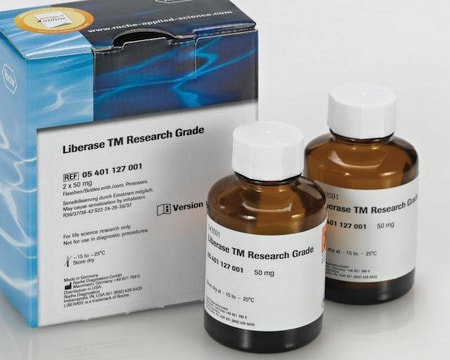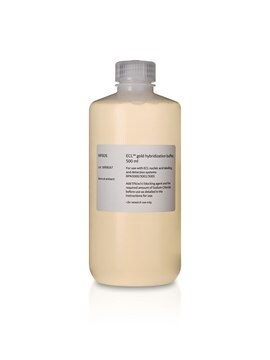SAB4700624
Monoclonal Anti-CD24-FITC antibody produced in mouse
clone SN3, purified immunoglobulin, buffered aqueous solution
Synonyme(s) :
Anti-CD24
About This Item
Produits recommandés
Source biologique
mouse
Niveau de qualité
Conjugué
FITC conjugate
Forme d'anticorps
purified immunoglobulin
Type de produit anticorps
primary antibodies
Clone
SN3, monoclonal
Forme
buffered aqueous solution
Espèces réactives
human
Technique(s)
flow cytometry: suitable
Isotype
IgG1
Numéro d'accès NCBI
Numéro d'accès UniProt
Conditions d'expédition
wet ice
Température de stockage
2-8°C
Modification post-traductionnelle de la cible
unmodified
Informations sur le gène
human ... CD24(100133941)
Description générale
Immunogène
Application
Caractéristiques et avantages
Forme physique
Clause de non-responsabilité
Vous ne trouvez pas le bon produit ?
Essayez notre Outil de sélection de produits.
Code de la classe de stockage
10 - Combustible liquids
Classe de danger pour l'eau (WGK)
WGK 2
Point d'éclair (°F)
Not applicable
Point d'éclair (°C)
Not applicable
Faites votre choix parmi les versions les plus récentes :
Déjà en possession de ce produit ?
Retrouvez la documentation relative aux produits que vous avez récemment achetés dans la Bibliothèque de documents.
Notre équipe de scientifiques dispose d'une expérience dans tous les secteurs de la recherche, notamment en sciences de la vie, science des matériaux, synthèse chimique, chromatographie, analyse et dans de nombreux autres domaines..
Contacter notre Service technique








